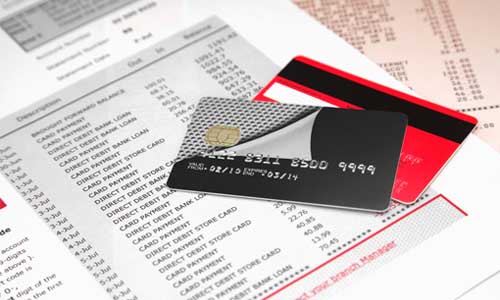Are you an expat on the verge of wrapping up your job to settle somewhere else other than the UAE permanently?
A question of great importance is have you cleared your credit card dues yet?
In the realm of personal finance, credit card holders sometimes find themselves facing financial challenges that make it difficult to meet their monthly payment obligations.
In the United Arab Emirates (UAE), missing payments on your credit card can have significant consequences.
This article aims to shed light on the legal implications of credit card defaults, especially for those planning to leave the UAE permanently, and provides guidance on how to address outstanding credit card debt.
Understanding Credit Card Defaults
Credit card facilities in the UAE often fall under the legal framework of personal loans, governed by specific rules and regulations. It's essential to comprehend these regulations to grasp the potential repercussions of defaulting on credit card payments.
According to Article 4(4) of the personal loan Agreement format approved by the Central Bank of the UAE, a credit card holder may be considered in default if they fail to make three consecutive monthly payments or six non-consecutive payments.
This declaration of default initiates a series of legal actions that can be taken against the defaulter.
Legal Consequences of Defaulting
Defaulting on credit card payments triggers several legal actions that lenders can pursue against the debtor.
This includes demanding immediate repayment of the entire outstanding debt without the need for prior notification or a court ruling. Furthermore, the lender can also exercise their rights under the law to seek repayment, which may involve legal proceedings and potential travel bans.

Leaving the UAE and Managing Outstanding Debt
For individuals planning to leave the UAE permanently with outstanding credit card debt, it's crucial to address this financial obligation properly. Here are the steps to consider:
- Communication with the Lender: Inform your lender about your impending departure and your intention to settle the credit card payments from your home country. This proactive communication can help establish a clear understanding between you and your lender.
- Payment Options: Once your lender is aware of your situation, they may provide you with various options for repaying the outstanding debt. This could include making payments through your bank account in your home country or initiating a telegraphic transfer (TT) from a local bank or financial institution to your credit card account in the UAE.
- Obtain a Clearance Letter: After successfully settling all outstanding credit card payments, it is advisable to obtain a clearance letter or a no-due certificate from your lender. This document serves as proof that you have fulfilled your financial obligations and can be valuable for future reference.
In summation, defaulting on credit card payments in the UAE can have serious legal consequences.
If you plan to leave the country with outstanding credit card debt, open communication with your lender and adherence to the legal framework are essential.
Follow the steps above to navigate the process smoothly and mitigate potential legal issues while ensuring a responsible exit from the UAE.
By: Tashika Chopra

- Latest News & Update







